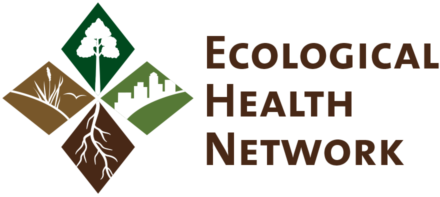The Healthy Ecosystems, Healthy People Initiative
In 2025, the EHN launched the Healthy Ecosystems, Healthy People Initiative to help strengthen the evidence base for how conserving biodiversity and restoring ecosystems may influence human health.
While decades of research show that degraded environments can harm human health, the topic of whether conservation and restoration interventions can improve human health outcomes remains under-investigated.
We are currently undertaking and supporting a range of research projects. For example, a systematic review investigating the human health effects of engaging in conservation and restoration projects, and an investigation assessing how restoration influences the risk of exposure to mosquito-borne viruses.
If you are interested in being involved in research in this area, please get in touch by email (info@ehnglobal.org). We are keen to hear from practitioners and researchers from relevant disciplines, including health, social science and ecology, and aim to connect like-minded individuals to support research in this area.
